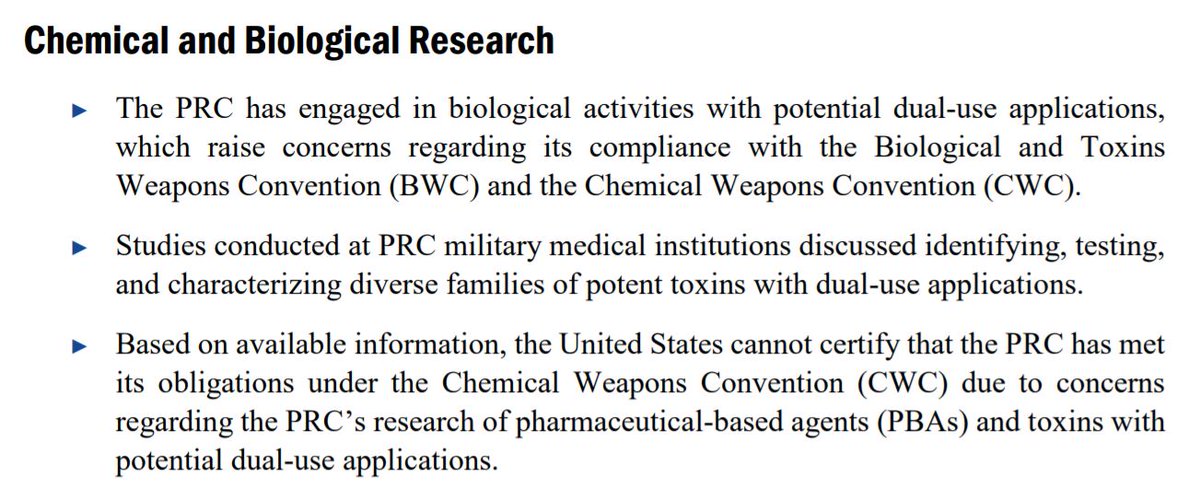
A thread on the Missile Defense Review: predictions, protestations, and prevarications 1/n
From what I hear, the process is a disorganized mess, so the state of play can and will change. Also never underestimate a dumb move by Kim Jong Un launching an ICBM while the MDR is being written. As with the public China ICBM revelations, the security environment matters. 2/n
Biden team knows missile defense, broadly speaking, is popular on the Hill and in the public - and it would be especially embarrassing (and bad policy) to cut missile defense outright and then have a major NK ICBM test occur during budget season, right after MDR published 3/n
Nevertheless, there is a strong default sentiment among Biden appointees (and Biden himself) that U.S. missile defense is inherently destabilizing and/or technically infeasible. How will they walk this line? 4/n
Predictions on most contentious issues:
1. Whether to keep the policy of outpacing the NK threat
2. Whether to pursue layered homeland missile defense (at least as a concept)
3. Whether to place further acquisition restrictions on Missile Defense Agency
4. MD for arms control
5/n
1. Whether to keep the policy of outpacing the NK threat
2. Whether to pursue layered homeland missile defense (at least as a concept)
3. Whether to place further acquisition restrictions on Missile Defense Agency
4. MD for arms control
5/n
Predictions on less-controversial, but significant issues:
1. Will support significant missile defense of Guam
2. Space sensors will get more rhetorical and financial attention, but not enough
3. The words "strategic stability" will appear 20+ times, but without definition
6/n
1. Will support significant missile defense of Guam
2. Space sensors will get more rhetorical and financial attention, but not enough
3. The words "strategic stability" will appear 20+ times, but without definition
6/n
On Next Generation Interceptor, the MDR will:
1. Support the additional 20 interceptors of Trump MDR
2. ONLY buy those 20 and say hardly a word about what will replace aging current GBIs
It should be uncontroversial to replace all GBIs with NGIs at age out, but, here we are.
7/n
1. Support the additional 20 interceptors of Trump MDR
2. ONLY buy those 20 and say hardly a word about what will replace aging current GBIs
It should be uncontroversial to replace all GBIs with NGIs at age out, but, here we are.
7/n
On SM-3 IIA, the MDR will:
1. Continue production schedule
2. Not hype the layered homeland defense concept
3. "Study" how it can be incorporated into homeland... and only keep it in the study phase
8/n
1. Continue production schedule
2. Not hype the layered homeland defense concept
3. "Study" how it can be incorporated into homeland... and only keep it in the study phase
8/n
Again these are only predictions for the heck of it. Not based on any pre-drafts, etc.
But a major issue that I don't think is getting enough attention is missile defense of Guam and Hawaii in a China/Taiwan scenario. I can easily see a coercive missile-based Chinese threat
9/n
But a major issue that I don't think is getting enough attention is missile defense of Guam and Hawaii in a China/Taiwan scenario. I can easily see a coercive missile-based Chinese threat
9/n
It behooves U.S. planners to think seriously about how complicating or denying even limited Chinese regional missile strikes on Guam and Hawaii could positively contribute to deterrence of conflict, or if initial deterrence fails, deterring escalation to US homeland.
10/n
10/n
Cruise missile defense of the homeland also desperately needs some serious attention and an R&D boost to directed energy programs for that purpose. Again, it could seriously contribute to deterrence and damage limitation.
11/n
11/n
The Biden team has incentives to support homeland missile defense for non-traditional reasons in their wheelhouse. Homeland MD can:
1. Defend against unauthorized or accidental launch
2. Decrease need for preemption
3. Strengthen diplomacy
4. Protect situational awareness
12/n
1. Defend against unauthorized or accidental launch
2. Decrease need for preemption
3. Strengthen diplomacy
4. Protect situational awareness
12/n
5. Decrease at the margin reliance on nuclear weapons
6. Provide U.S. decision-makers an additional option during a crisis or limited conflict
I am pessimistic members of the Biden team will embrace any of these reasons, but they should.
Fin.
6. Provide U.S. decision-makers an additional option during a crisis or limited conflict
I am pessimistic members of the Biden team will embrace any of these reasons, but they should.
Fin.
• • •
Missing some Tweet in this thread? You can try to
force a refresh





